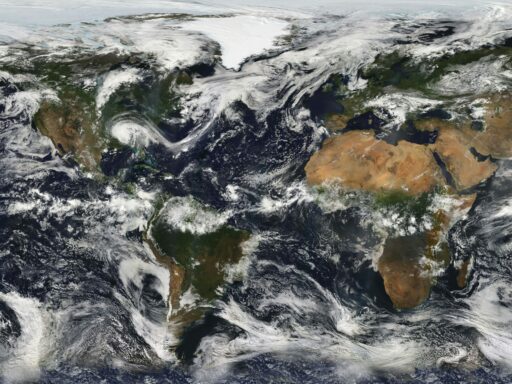
Evidence is published today that human-generated atmospheric carbon dioxide is boosting Earth’s surface temperature faster than ever, reports Science Director Roger Highfield.
Roger Highfield is the Science Director at the Science Museum Group, a member of the UK's Medical Research Council and a visiting professor at the Dunn School, University of Oxford, and Department of Chemistry, UCL. He studied Chemistry at the University of Oxford and was the first person to bounce a neutron off a soap bubble. Roger was the Science Editor of The Daily Telegraph for two decades, and the Editor of New Scientist between 2008 and 2011. He has written or co-authored ten popular science books, most recently Stephen Hawking: Genius at Work, and has had thousands of articles published in newspapers and magazines.

Evidence is published today that human-generated atmospheric carbon dioxide is boosting Earth’s surface temperature faster than ever, reports Science Director Roger Highfield.

The extraordinary extent of plastic pollution, and burning, is revealed by a global inventory today, created with the help of AI. Roger Highfield, Science Director, reports.
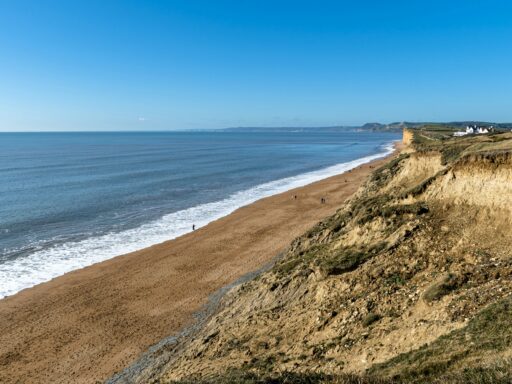
Electrification is a key component of the energy transition that can also help deal with coastline erosion. Roger Highfield, Science Director, reports.
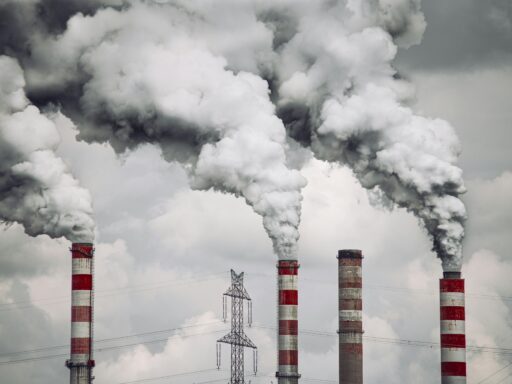
A machine learning analysis has revealed the most effective climate policies out of 1,500 implemented worldwide. There are not many, reports Science Director, Roger Highfield.

Lab grown chicken could be produced as cheaply as organic chicken, according to a study published today. Roger Highfield, Science Director, reports.
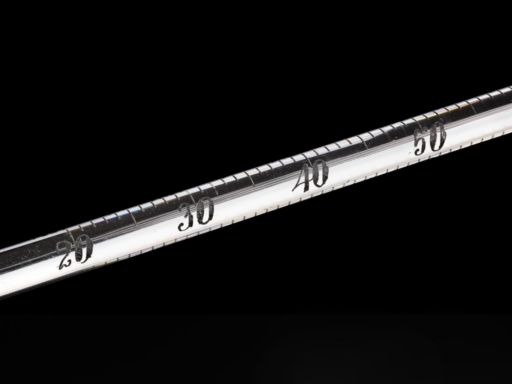
Heat deaths are rising as summers get hotter, but would have been almost doubled if we had done nothing to adapt, reports Science Director, Roger Highfield.
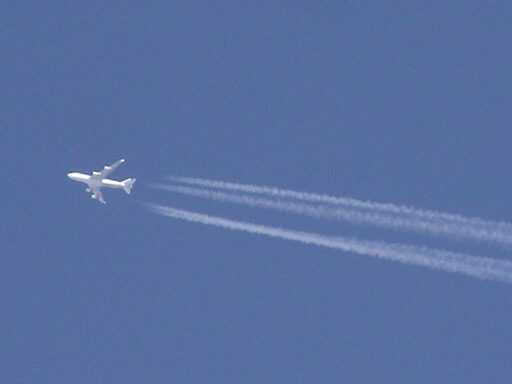
Roger Highfield, Science Director, describes a study that highlights the challenges the aviation industry faces to cut its impact on the climate.
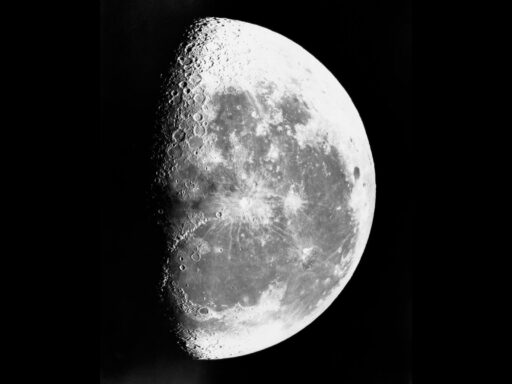
The Moon could be used to store a backup copy of frozen cells from most Earth species to protect global diversity. Roger Highfield, Science Director, discusses this radical proposal to preserve biodiversity in the event of global catastrophe.
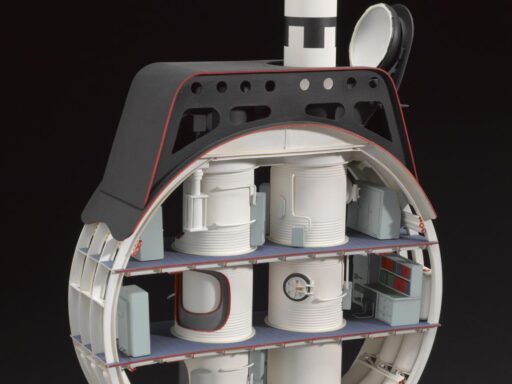
For an event in the IMAX last night, Roger Highfield discussed how much we trust computers with Professor Paul Brenner, a US veteran who works at the Center for Research Computing, University of Notre Dame, Indiana.
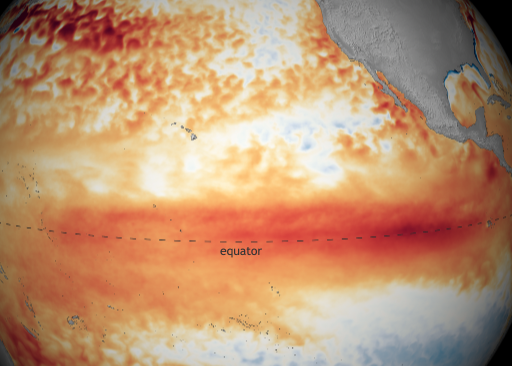
There were spikes in global temperatures last year that pose disquieting questions about whether we’re underestimating the changes faced by the planet. Roger Highfield, Science Director, reports.
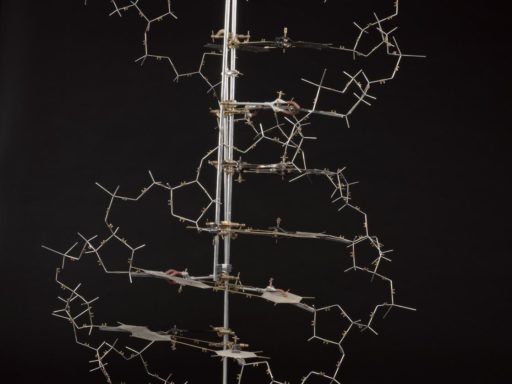
This week we explore bias in genetic databases in an online event. To discuss why this is so important for our future health, Science Director Roger Highfield talks to Professor Naomi Allen, Chief Scientist of UK Biobank.

Roger Highfield, Science Director, discusses a paper published today that suggests AI could warn one fifth of the world’s population about devastating floods.